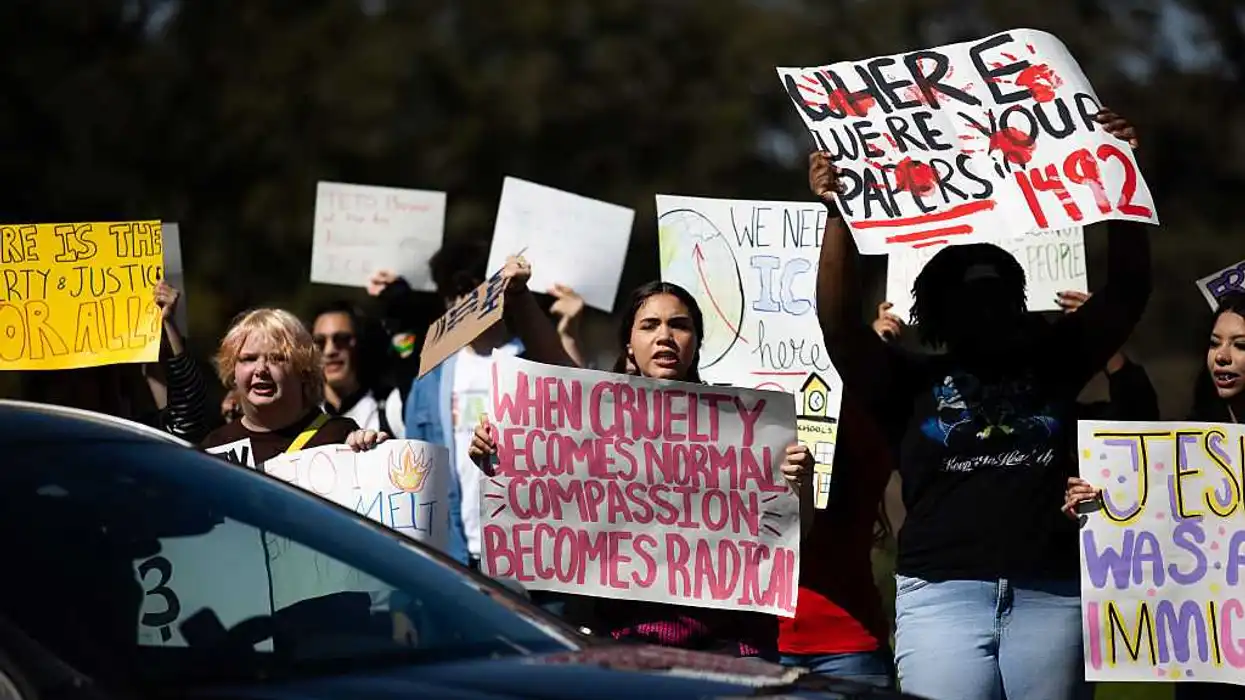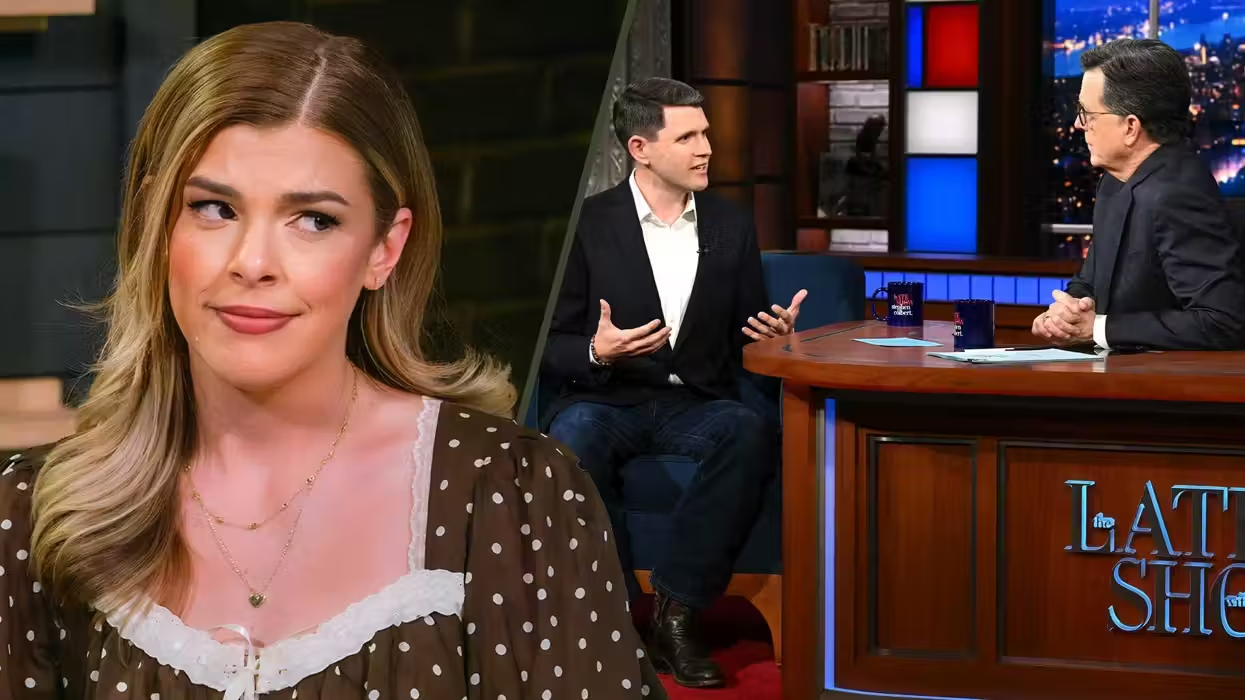
© 2026 Blaze Media LLC. All rights reserved.
The New York Times Killed Me': Times Journalist Who Died in Syria Said to Have Blamed Famous Paper
June 25, 2012
"If anything happens to me I want the world to know the New York Times killed me"
A Pulitzer prize-winning reporter who died in Syria allegedly told his wife before he left that, if anything were to happen to him, he wanted his death to be blamed on the New York Times.
Though the paper has a history of divulging compromising information, in this case the man was reportedly upset about the safety conditions of his assignment, particularly because he was suffering from health issues before he was sent to the country. He died of an acute asthma attack on February 16.
Politico has more information:
"The phone call the night before he left [Turkey for Syria], there was screaming and slamming on the phone in discussions with editors," Ed Shadid, a cousin to the late reporter, said last night at the Arab-American Anti-Discrimination Committee's convention in Washington, D.C."It was at this time that he called his wife and gave his last haunting directive that if anything happens to me I want the world to know the New York Times killed me," Ed Shadid said.
A spokesperson with the ADC confirmed those remarks to POLITICO, which were first made available in a rush transcript provided by ADC member William Youmans, who attended the event. Other attendees also tweeted the remark last night, noting the audience's surprise at Ed Shadid's statements.
The ADC is working on a full press release and video of last night's event, which will be made available later in the day...
The ADC says it was shocked by the allegations, but would prefer not to take a position on Shadid's cause of death. Rather, it prefers to focus on his legacy.
While the New York Times originally declined to comment, a spokesperson for the paper now insists they never pressured Shadid into taking the assignment, and are in no way responsible for his death.
"Anthony's death was a tragedy, and we appreciate the enduring grief that his family feels," New York Times spokesperson Eileen Murphy said. "With respect, we disagree with Ed Shadid's version of the facts. The Times does not pressure reporters to go into combat zones. Anthony was an experienced, motivated correspondent. He decided whether, how and when to enter Syria, and was told by his editors, including on the day of the trip, that he should not make the trip if he felt it was not advisable for any reason."
The Washington Post, meanwhile, has re-evaluated a fourth-month old interview with Shadid's widow, where she says she is "mad at journalism," saying it "takes on fresh relevance" in light of the emerging allegations.
Here is full video of Ed Shadid's speech, via the ADC (relevant comments around 5:20):
Want to leave a tip?
We answer to you. Help keep our content free of advertisers and big tech censorship by leaving a tip today.
Want to join the conversation?
Already a subscriber?
more stories
Sign up for the Blaze newsletter
By signing up, you agree to our Privacy Policy and Terms of Use, and agree to receive content that may sometimes include advertisements. You may opt out at any time.
Related Content
© 2026 Blaze Media LLC. All rights reserved.
Get the stories that matter most delivered directly to your inbox.
By signing up, you agree to our Privacy Policy and Terms of Use, and agree to receive content that may sometimes include advertisements. You may opt out at any time.







